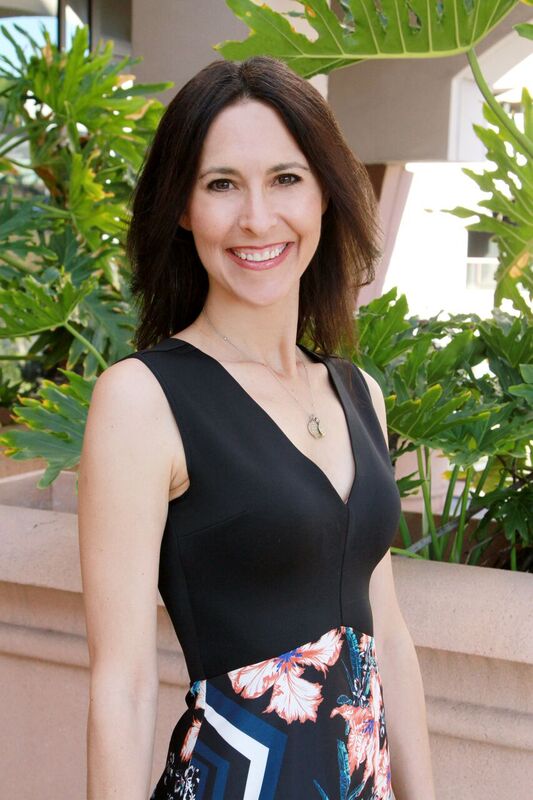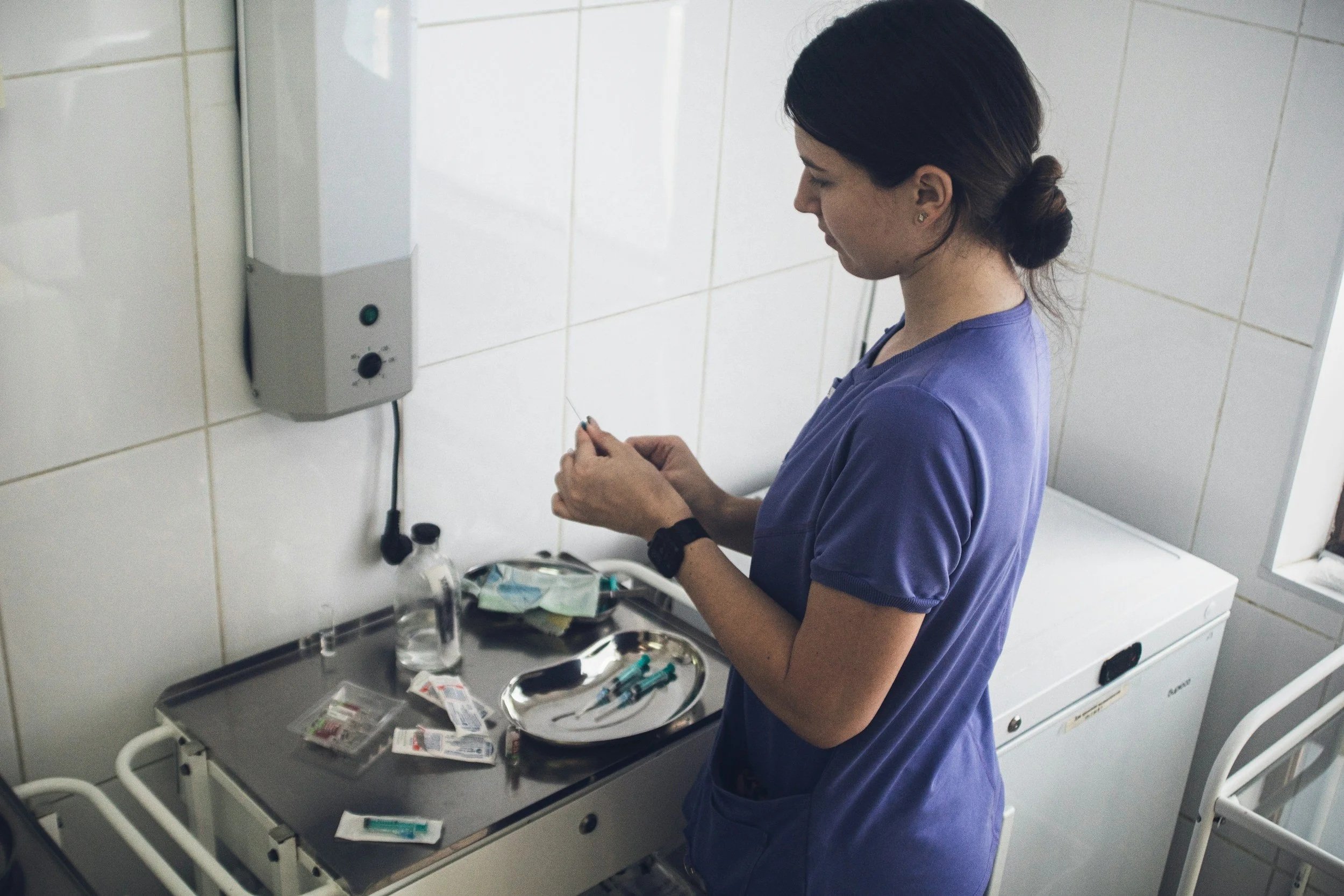There are a variety of hormone measurements that are tested before and during an egg freezing cycle. Which hormones depend on multiple factors such as the physician’s practice, fertility clinic’s protocols, woman’s age, her history of previous treatment cycle, and her ovarian reserve testing (AMH) results.
Why are hormones important during the egg freezing cycle?
The goal of the egg freezing cycle is to stimulate the ovaries to grow eggs that would not have grown without fertility medications. To be precise, eggs grow in ovarian follicles and cannot be seen on ultrasound, but the follicle number and size can. As they grow, they release hormones. Ovarian follicle number, follicle size, and hormone levels are what the physician is measuring each time a patient has a pelvic ultrasound prior to starting their fertility medications and when assessing their response to medications.
The hormones most commonly tested before or during an egg freezing cycle are:
AMH: Anti-Mullerian hormone is measured to assess how many follicles will grow in response to fertility drugs. Higher numbers yield more eggs per cycle and lower numbers yield less. AMH can be drawn on any day of the menstrual cycle and is thought to be relatively stable. Read more about AMH.
AFC: The antral follicle count is not a hormone level, but it is part of ovarian reserve testing. It is a pelvic ultrasound done around the first 5 days of a period which counts the number of baseline follicles in the ovary. Higher counts typically correlate with more eggs at retrieval after ovarian stimulation with fertility drugs.
FSH: Follicle Stimulating hormone is a hormone released from the brain in the first five days of the period to stimulate one follicle in the ovary to grow each month. It is best drawn on the third day of the period. Higher values may indicate low ovarian reserve and that few follicles will grow. Many ovarian stimulation medications contain FSH to get multiple follicles to grow.
Estradiol hormone is drawn throughout the cycle. At first it is used on day 3 with the FSH value to confirm the FSH value is accurate. It is also the hormone measured at each monitoring visit along with routine ultrasounds while patients are on fertility medications. It helps the physician assess if the dose of medications needs to be adjusted during the cycle and when to use trigger medications, the final step before the egg retrieval.
Progesterone hormone is drawn either with the estradiol level or towards the end of the stimulation to see if the follicles are ready to be retrieved.
LH: Luteinizing hormone is drawn either with the estradiol and progesterone hormones or after a Lupron trigger to see if the follicles are ready to be retrieved. This is also the hormone that predicts ovulation in a natural menstrual cycle and is often tested by urine ovulation predictor kits.
hCG: Human chorionic gonadotropin is drawn after the hCG trigger medication to confirm the patient triggered and responded appropriately. It is also the hormone that confirms and increases in pregnancy.

Dr. Alison Peck, M.D., F.A.C.O.G., Southern California native and practicing since 2006, is board certified in both obstetrics/gynecology and reproductive endocrinology/infertility (REI). Dr.Peck is also fluent in Spanish and Hebrew and has a special interest in Genetic Screening of Embryos and Fertility Preservation in Young Reproductive Age Women. Dr. Peck completed her specialty training in obstetrics and gynecology at the University of Southern California and her fellowship in reproductive endocrinology and infertility at the Albert Einstein College of Medicine, New York.
Learn more about about HRC Fertility on Freeze.
Answered by Dr. Roy Handelsman from HRC Fertility. Understand how ovarian cysts and ovarian surgery may impact the egg freezing process.
Answered by Dr. Rashmi Kudesia from CCRM Fertility Houston. Here’s a checklist for before, during, and after your egg freezing consultation, including 11 questions you should ask the doctor.
Answered by Valerie Shafran, MSN, FNP-C from Extend Fertility. Discover why fertility experts urge women to stop taking GLP-1 agonists before an egg freezing cycle.
Answered by Dr. Nidhee Sachdev from South Coast Fertility Specialists. Explore what AMH tells us about a woman’s ovarian reserve or how many eggs she has left.
Answered by Dr. Hade from Generation Next Fertility. Understand how egg freezing does not cause long-term weight gain yet there is a chance of transient bloating.
Answered by Rijon Charne, JD from Sunray Fertility. Explore what a reproductive estate plan entails and the situations where having one can make a big difference.
Answered by Rijon Charne, JD from Sunray Fertility. Learn more about the importance of clinic disposition forms, including what they do and don’t cover.
Answered by Rijon Charne, JD from Sunray Fertility. Discover the legal nuances that can shape your options when freezing eggs or embryos.
Answered by Dr. Joshua Klein from Extend Fertility. Learn how birth control relates to egg freezing and if you will need to stop your hormonal birth control before starting the procedure.
Answered by Dr. Jesse Hade from Generation Next Fertility. Discover the important factors that affect chances of egg freezing success in your late thirties.
Answered by Sidonia Buchtova, PA-C, C-RHI from Refresh Psychiatry. Understand if you can stay on an SSRI or SNRI when freezing your eggs.
Answered by Sidonia Buchtova, PA-C, C-RHI from Refresh Psychiatry. Discover tips to help support your mental well-being during preparation, throughout the cycle, and after your egg retrieval, especially if you have a history of anxiety.
Answered by Dr. Katharina Spies from Vida Fertility. Learn about who should consider supplements before and during fertility preservation, and how supplements could support your egg freezing cycle.
Answered by Dr. Serin Seckin from Generation Next Fertility. Understand the key differences to help you make an informed decision that aligns with your personal and reproductive goals.
Answered by Dr. Ido Feferkorn from the Reproductive Medicine Group. Learn how Polycystic Ovarian Syndrome (PCOS) may affect the egg freezing process and outcomes of fertility preservation.
Answered by Dr. Meera Shah from Nova IVF. Understand the potential risks of egg freezing to help you evaluate if it is right for you.
Answered by Dr. Hade from Generation Next Fertility. Learn from start to finish the entire process of what happens on the final day of an egg freezing cycle.
Answered by Dr. Sahar M. Stephens from Northern California Fertility Medical Center. Understand the probability of pregnancy based on the number of eggs frozen and the age at which you freeze.
Answered by Dr. Alison Peck from HRC Fertility. Discover which medications are commonly used for ovarian stimulation during an egg freezing cycle.
Answered by Dr. Kathryn Snow from Piedmont Reproductive Endocrinology Group (PREG). Understand the side effects that you may experience when freezing your eggs.
Answered by Lia Schiller, MSN, AGNP-BC from Extend Fertility. Learn why IUDs can stay in place throughout the egg freezing process.
Answered by Dr. Woo from HRC Fertility. Learn how some medications need to be stopped for an egg freezing cycle while some medications can be continued.
Answered by Dr. Dan Nayot from The Fertility Partners. Learn how artificial intelligence is providing women with more information than ever before about their eggs.
Answered by Dr. Joshua Klein from Extend Fertility. Egg freezing doesn’t impact your chance of getting pregnant naturally, because egg freezing makes use of eggs that would otherwise have been lost.
Answered by Dr. Dan Nayot from The Fertility Partners. Understand the distinction between egg quantity and quality, and explore how AI is transforming egg quality analysis.
Answered by Dr. David E. Tourgeman from HRC Fertility. Understand what options exist for what to do with your frozen eggs if you decide not to use them for IVF.
Answered by Dr. Armando Hernandez-Rey from Conceptions Florida. Learn about minimal stimulation egg freezing cycles and how they can decrease the risk of ovarian hyperstimulation syndrome.
Answered by Dr. Ido Feferkorn from the Reproductive Medicine Group. Find out how egg freezing medications work and how protocols can be adjusted if you can’t take estrogen.
Answered by Dr. Ido Feferkorn from Reproductive Medicine Group. Learn how egg freezing fits into the menstrual cycle and how timing can be customized.
Answered by Dr. Elena Santiago from Vida Fertility. Understand the ins and outs of egg freezing in Spain as a non-resident, including timing, costs, and more.































